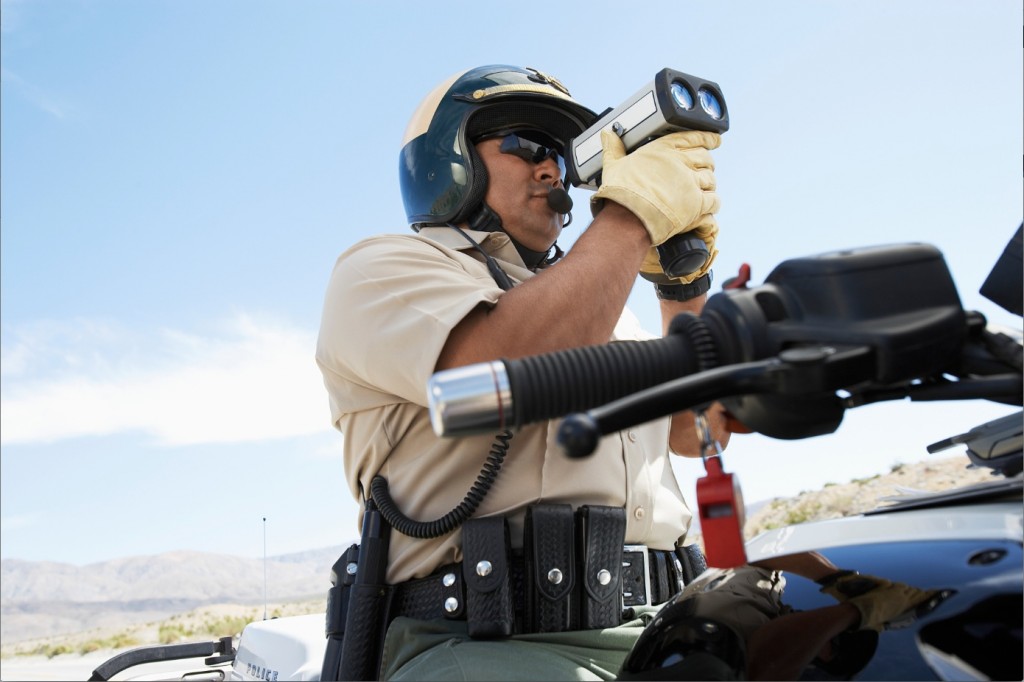
Which ones to fight, and how to fight them
By Brittney MacDonald, Life & Style Editor
For me, nothing is scarier than being pulled over. That may sound a little dramatic, but let’s just say I may have suffered at the hands of traffic authority more than once. Being pulled over is especially scary now, with laws in place that will see your car or other motor vehicle impounded for various reasons. What the cops or the government will never tell you is that there are certain tickets that can be fought and won almost every single time—the trick is knowing when—and how—to fight them.
Now if you’re dumb enough to drive under the influence of drugs or alcohol, then there’s not much hope for you, but if you’re caught on radar or if you receive a ticket post-accident, then you might want to take a seat and read on.
You may be asking yourself “why would I fight a ticket and piss off the cop more?” Obviously because you’re a poor student and can’t afford to pay the ticket he’s going to write you anyway. Duh.
There are two types of tickets that you should fight every single time, the first of which is a speeding ticket based off of a radar gun reading. It all starts when the cop pulls you over; they’ll ask you the typical “Do you know why I stopped you?” This is an attempt to get you to admit your wrong doing, so that if you do fight the ticket they’re going to give you, they can say that you confessed. Luckily, most people’s first instinct will be to deny everything. This is good—follow your instincts.
When the cop tells you how fast you were going, ask them how they determined your speed. If they say radar, tell them you think their radar gun is off, and ask them how long ago it was last calibrated. Most of the time they will not know, but even if they do, unless that radar gun was calibrated two minutes before they caught you, you can fight the ticket. The trouble with radar is that it’s never fully accurate, though the police and the government would like you to believe otherwise. So unless you’re going 50–100 kilometres over the speed limit, the radar gun may be off—meaning the cops really have no idea how fast you were going, and you may not have been speeding in the first place.
When your court date comes, simply repeat the line of questioning. Ask how they determined your exact speed, then ask at the time of the reading, when was the last time the radar gun had been calibrated. Lastly, ask if it is possible that the calibration was off, therefore making the radar reading inaccurate. What this does is set a precedent for doubt, therefor making it impossible to rule that you are guilty beyond reasonable doubt based off of the radar reading alone.
Tune in next week to learn about the second type of ticket you should always fight—the post-accident “following too closely.”



